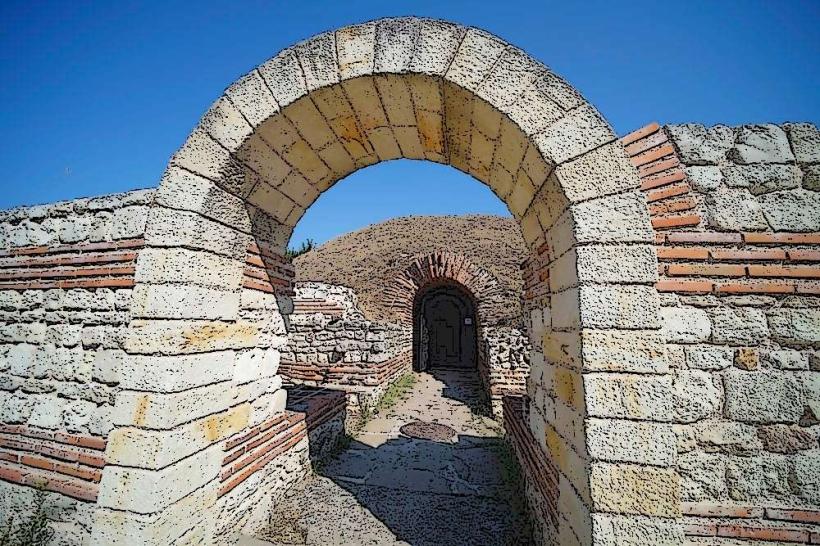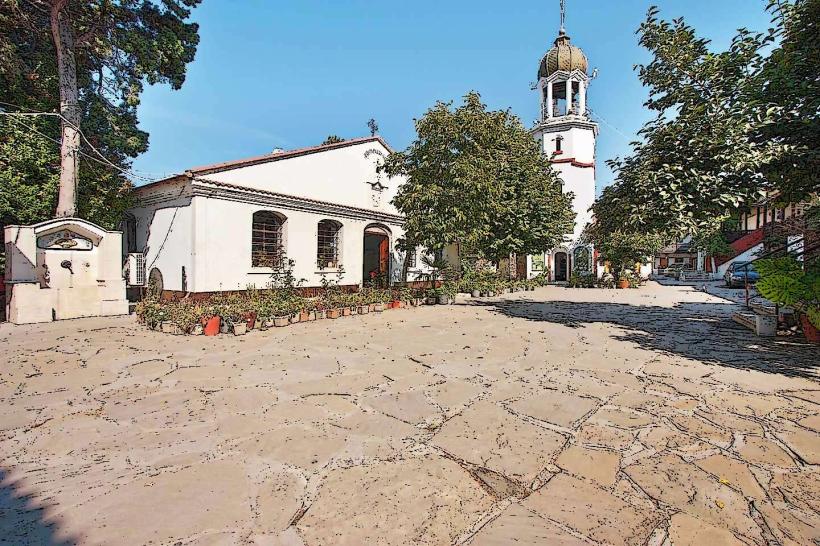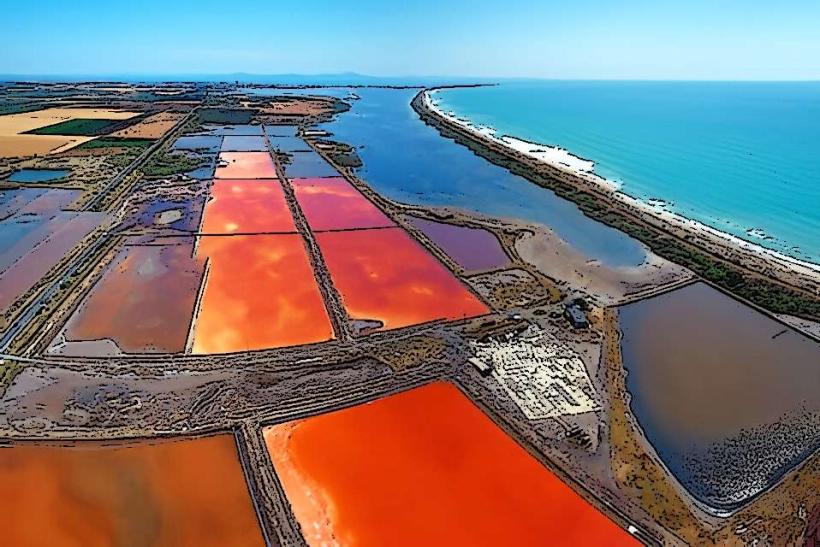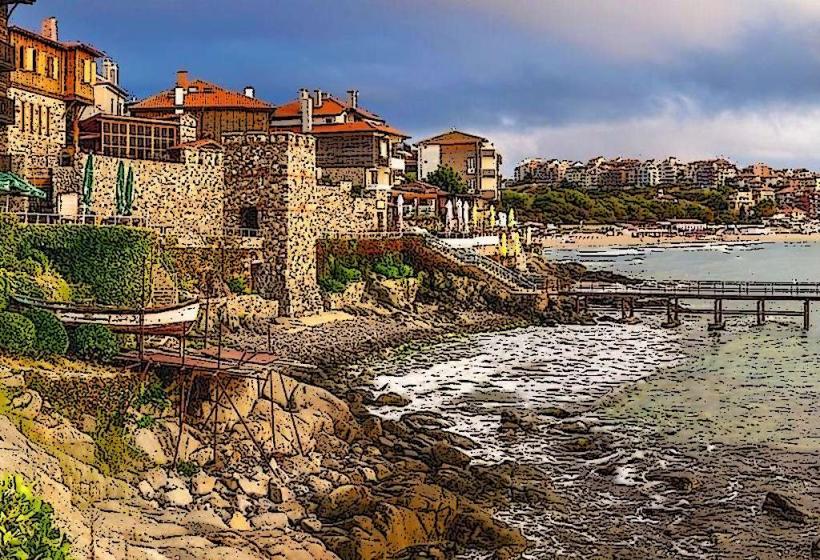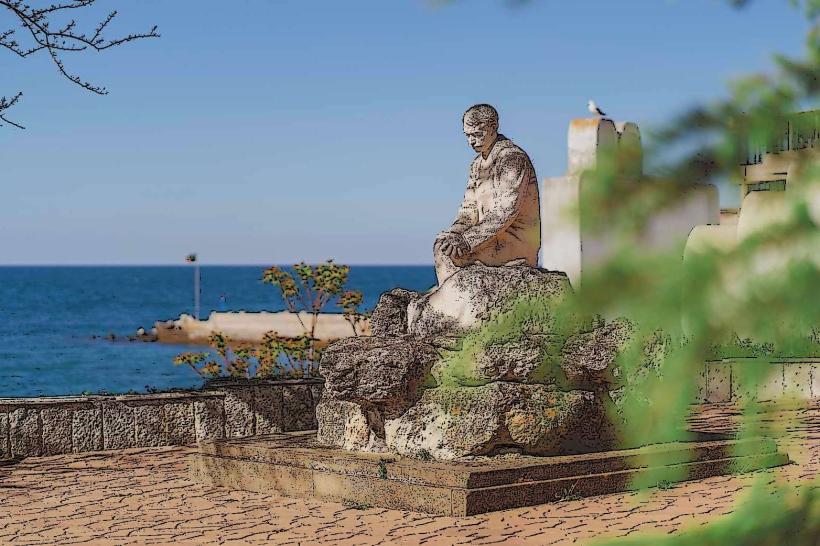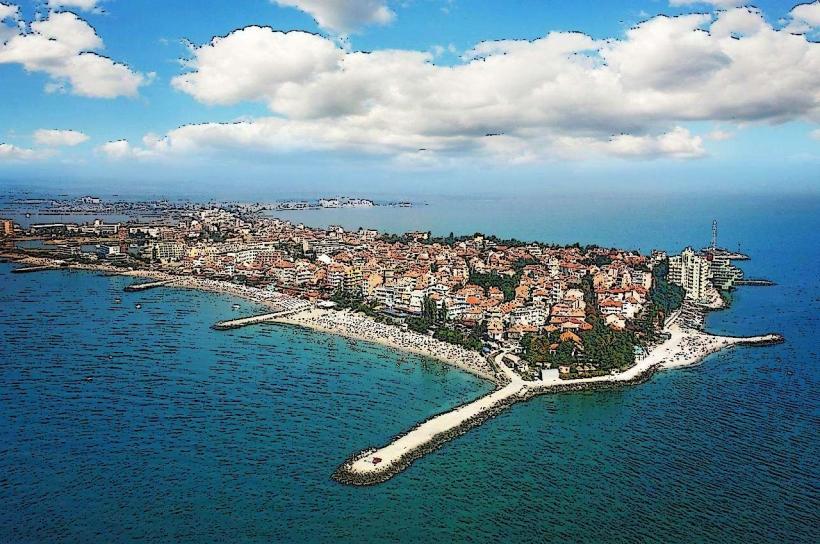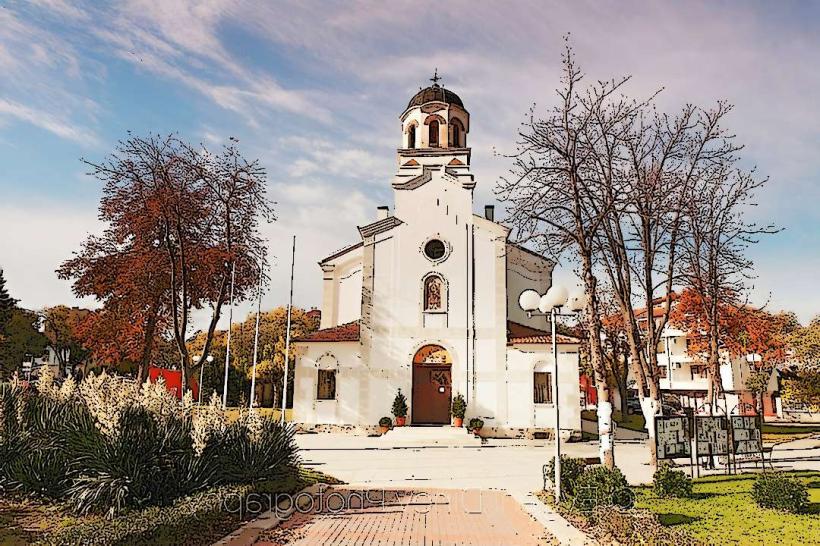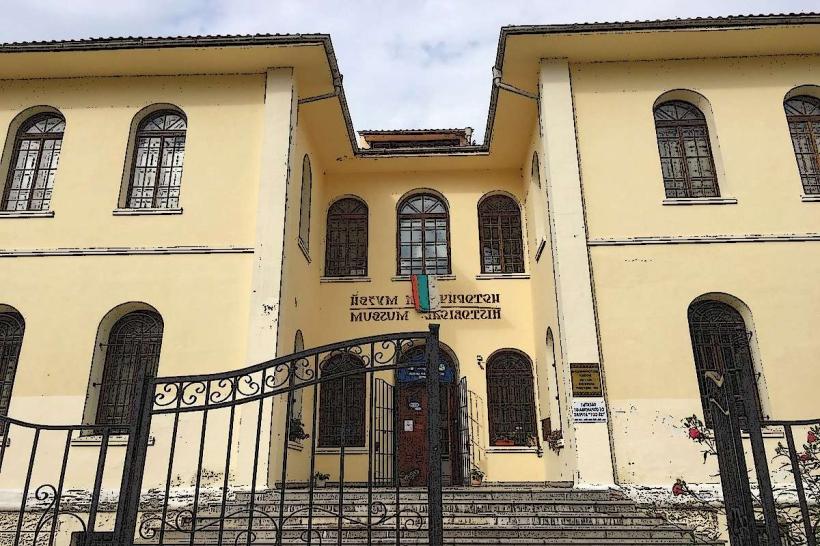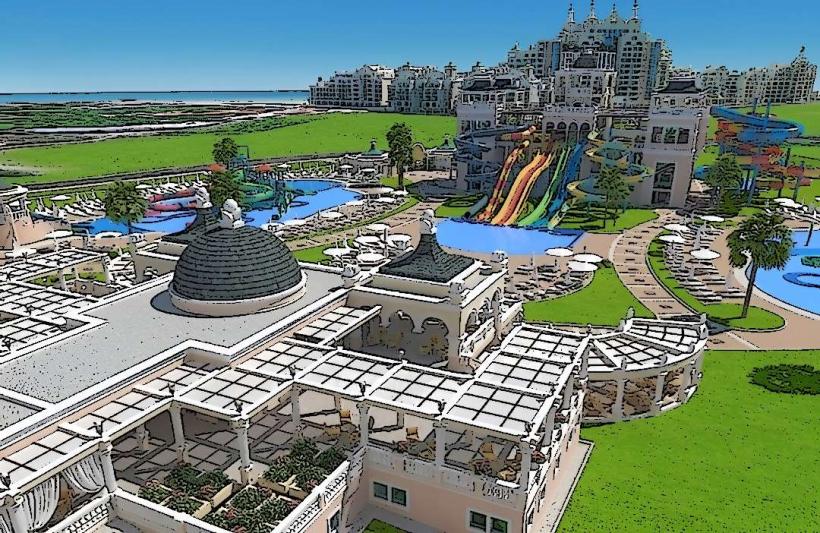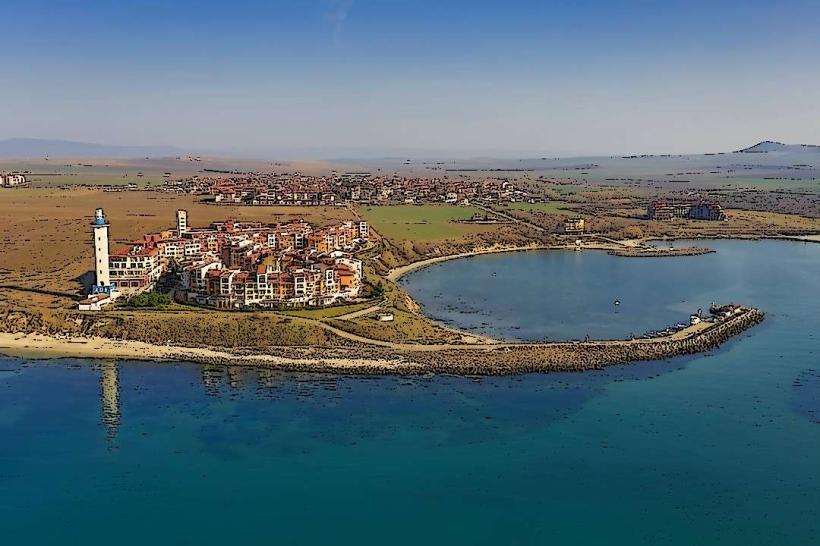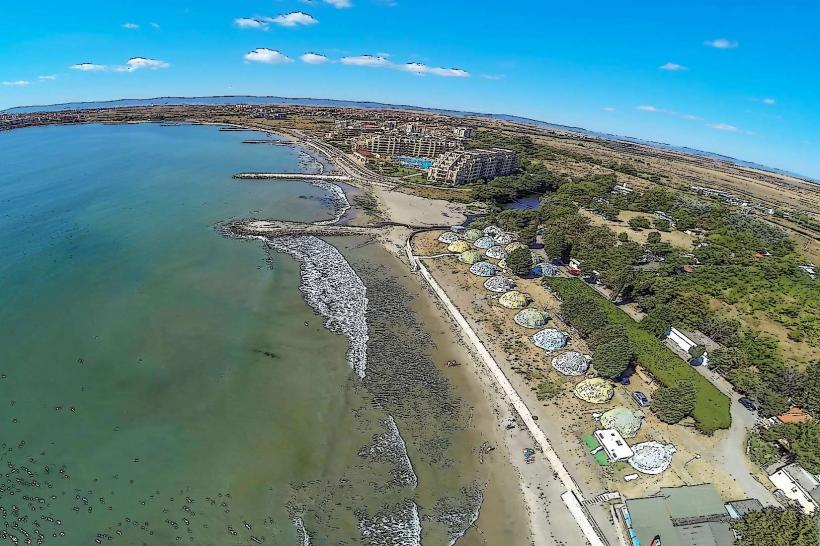Information
Landmark: Pomorie Salt MuseumCity: Pomorie
Country: Bulgaria
Continent: Europe
Pomorie Salt Museum, Pomorie, Bulgaria, Europe
The Pomorie Salt Museum is a unique cultural and historical attraction located on the shores of Pomorie Lake, near the southern entrance to the town of Pomorie, Bulgaria. It is the only museum of its kind in Eastern Europe, dedicated entirely to the traditional production of sea salt using ancient techniques that date back to Thracian and Roman times.
Here’s a detailed guide to the Salt Museum:
1. Overview and Purpose
The museum preserves and showcases centuries-old methods of sea salt production, still practiced in the adjacent working salt pans.
It highlights the economic, cultural, and ecological importance of salt-making to the region.
The museum operates both as an educational center and as a working salt facility, blending history, science, and tradition.
2. Historical Context
Salt production in Pomorie (ancient Anhialo) has been documented since ancient Thracian times, long before the Roman era.
Salt was so valuable in antiquity that it was often referred to as “white gold” and used as currency or tribute.
Pomorie’s salt pans were among the most significant on the Black Sea, supplying salt for food preservation and trade across the region.
3. Structure and Exhibits
The museum is divided into two parts:
A. Indoor Exhibition Hall
Exhibits include:
Traditional tools and instruments used in salt production, such as wooden rakes, carts, and barrels.
Historical photographs and maps documenting the evolution of salt harvesting in the area.
Models of salt pans and illustrations explaining the evaporation process used to extract salt from seawater.
Educational displays on the economic role of salt, its importance in food preservation, and its use in medicine and religious rituals.
B. Outdoor Salt Pans
Located next to the building are the working salt fields, where visitors can observe:
The traditional manual harvesting process during the summer months (typically July–September).
The natural crystallization of salt in shallow basins called “basins” or “salinas”, filled with seawater.
The distinct pink hue of the water, caused by salt-loving microorganisms and algae.
These salt fields are still in use and provide organic sea salt for sale.
4. Educational and Ecological Significance
The museum offers guided tours, workshops, and interactive learning sessions, ideal for students, tourists, and history enthusiasts.
It’s located within the Pomorie Lake Protected Area, an important ecological zone home to:
Rare migratory birds (including avocets, terns, flamingos, and herons).
Endemic salt-tolerant plant species.
The museum raises awareness of the delicate balance between industry and nature conservation.
5. Visiting Information
Open seasonally, typically from May to October. Working hours vary depending on the season.
A small entrance fee is charged.
Souvenirs, including bags of locally produced sea salt, natural cosmetics with lye and mud, and educational booklets, are available for purchase.
Easy to reach by foot, bike, or car from anywhere in Pomorie. There's nearby parking and a path connecting the museum to the lake promenade.
6. Importance to Pomorie
The Salt Museum is not just a tourist attraction-it’s a symbol of Pomorie’s heritage, preserving an ancient craft that shaped the town’s development.
It represents one of the few remaining places in Europe where sea salt is still harvested by hand in the old traditional way.
Visiting the Pomorie Salt Museum offers a rare opportunity to step into a living piece of history, witness traditional craftsmanship, and learn how a simple mineral like salt had the power to shape civilizations.

